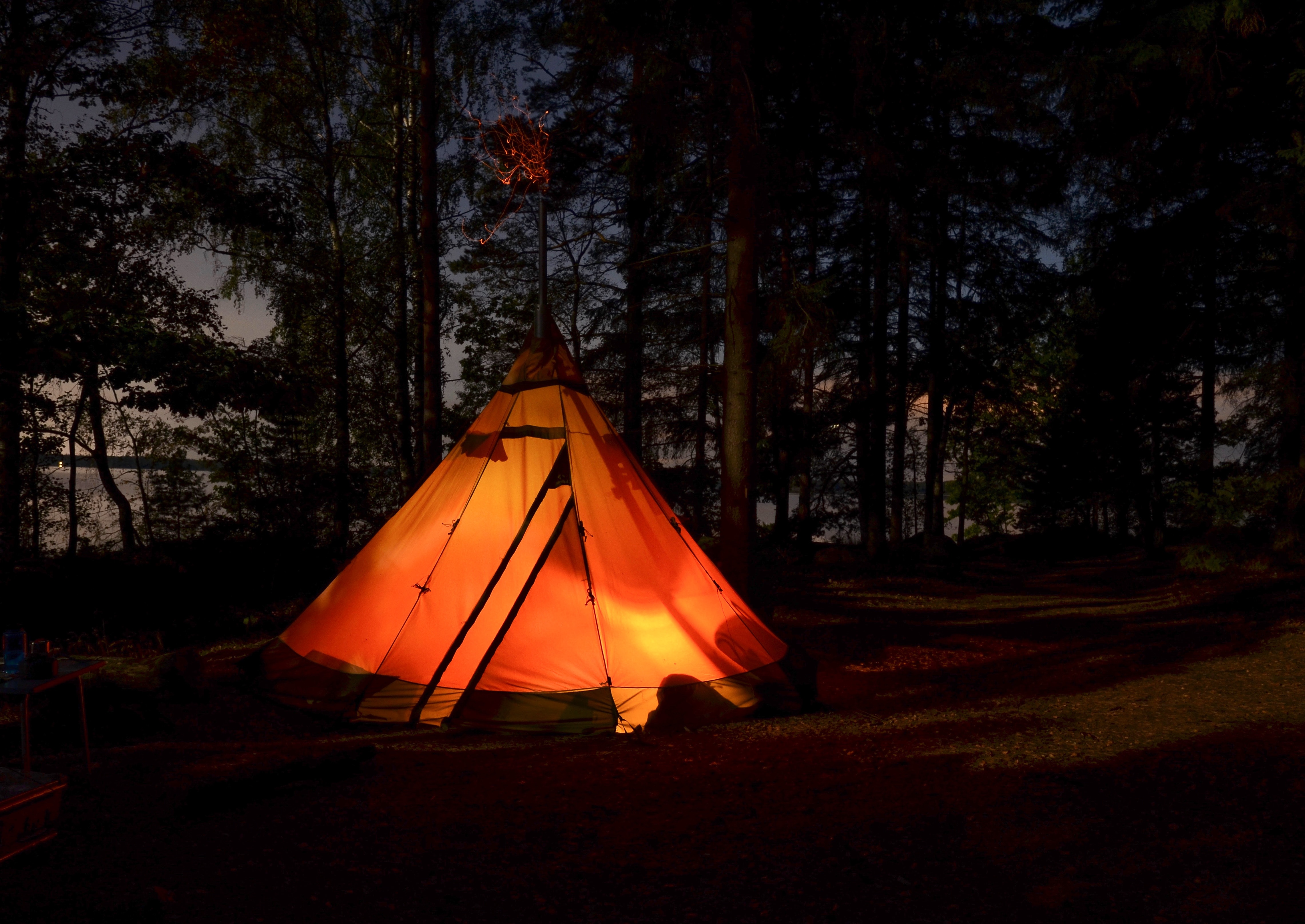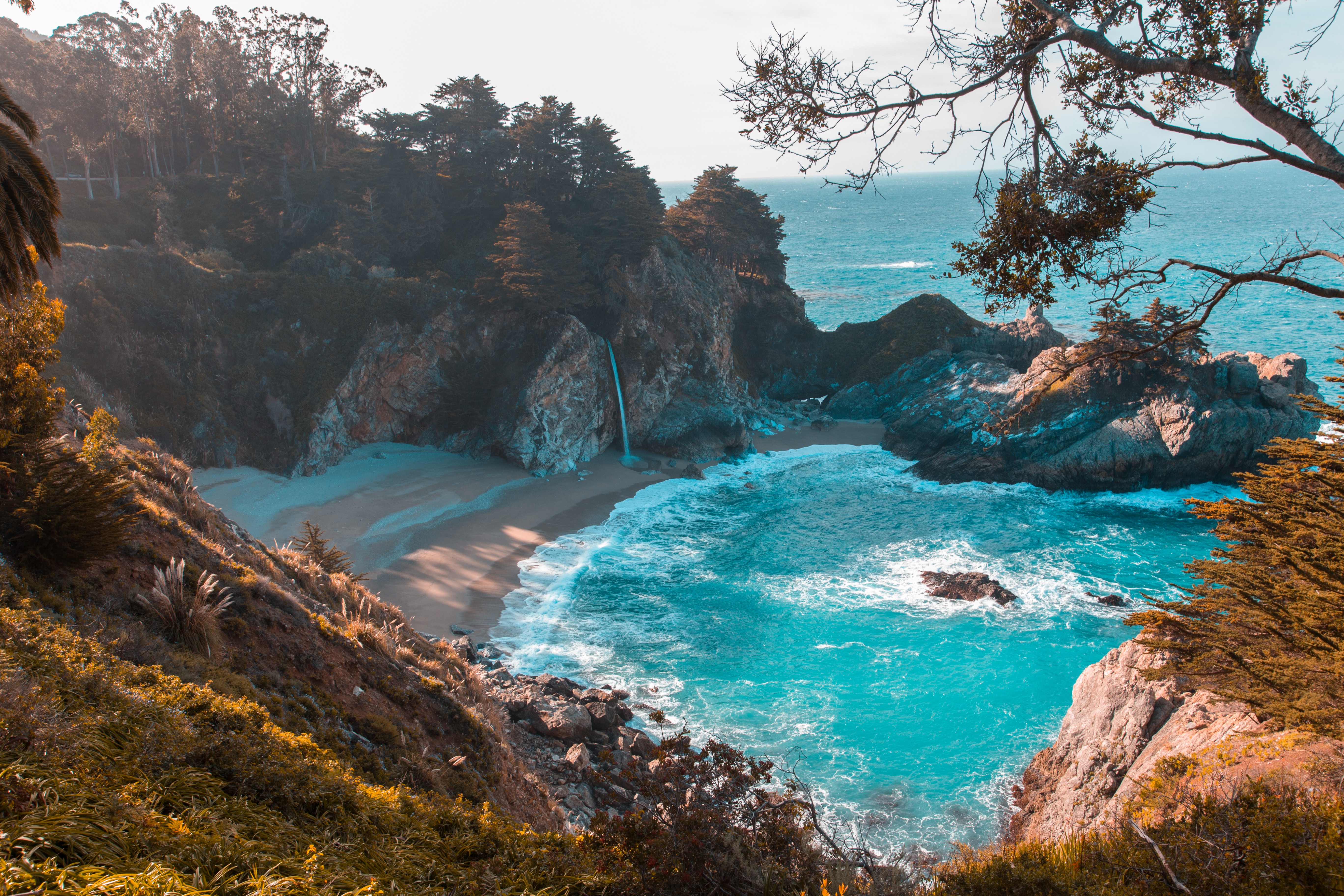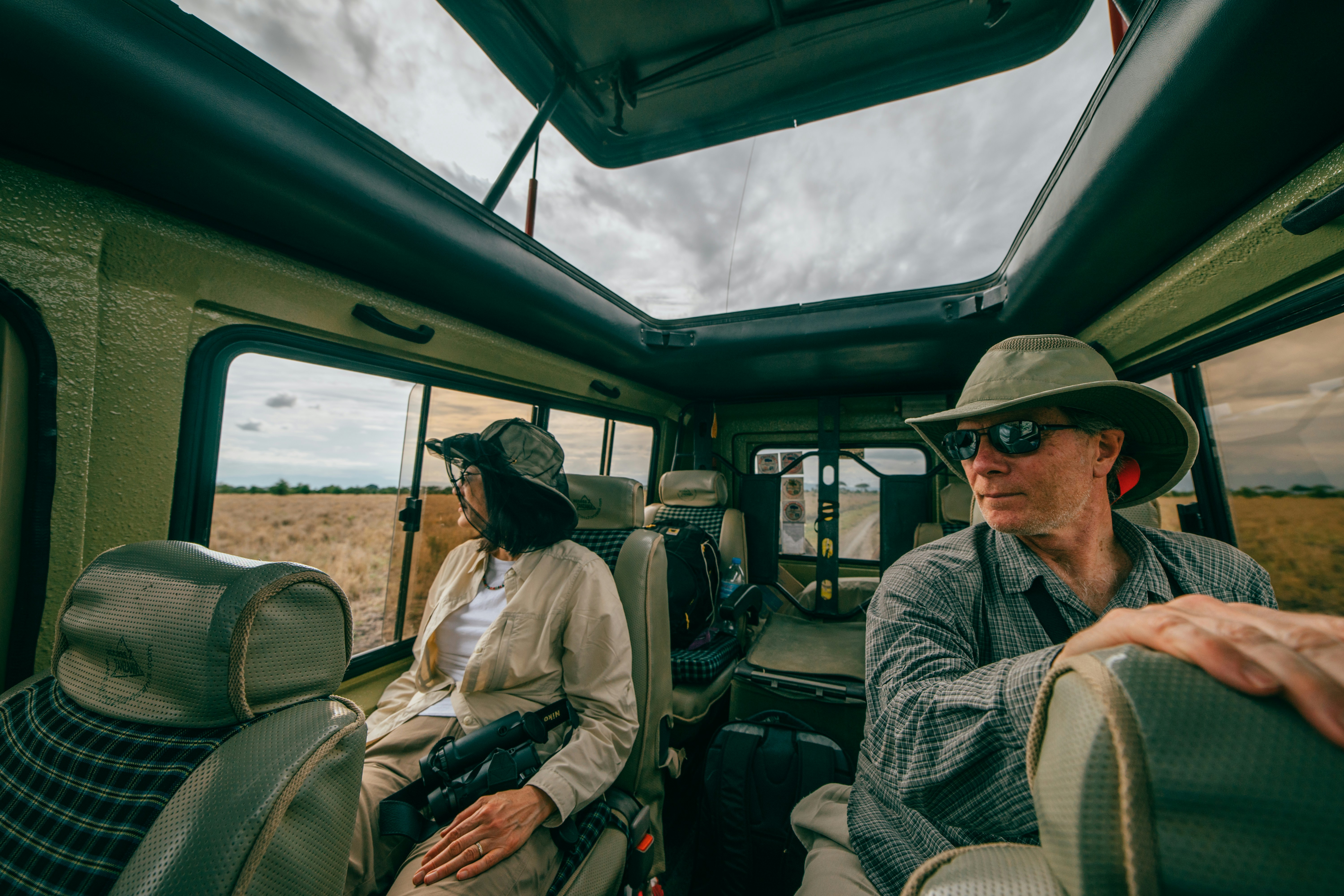
Travel Resources
Plan better. Travel smarter. Adventure further.
Packing & Travel Tip

-
Padded cycling shorts & jersey
-
Helmet (provided or bring your own)
-
Bike shoes
-
Water bottles or hydration system
-
On-the-saddle nutrition (bars/gels)
-
Bike computer/GPS tracker
-
Light jacket or windbreaker

-
Durable hiking boots (required)
-
Comfortable hiking clothes
-
Layered clothing for cold/high altitude
-
Rain jacket
-
Trekking poles (optional)
-
Daypack with hydration
-
Sunscreen and lip balm
-
Headlamp or flashlight
-
Personal medication

-
Comfortable hiking shoes
-
Compact sleeping bag liner (optional)
-
Headlamp
-
Reusable water bottle
-
Eco-friendly toiletries
-
Small towel
-
Power bank or solar charger
-
Note: Wema Adventures offers camping gear rentals, including tents, mats, and sleeping bags. Bring your own shoes and essentials.

-
Swimsuit
-
Sandals or flip-flops
-
Light clothing for humid climate
-
Sunhat & sunglasses
-
Reef-safe sunscreen
-
Snorkeling gear (optional)
-
Small waterproof bag for valuables

-
Neutral-colored clothing
-
Closed shoes
-
Wide-brimmed hat
-
Binoculars & camera (optional)
-
Small backpack
For USA Travelers (Visiting East Africa)

Tourist Visa
U.S. citizens traveling to East Africa require an East African Tourist Visa, which allows
entry into Kenya, Uganda, and Rwanda for up to 90 days on a single visa. Tanzania
requires a separate visa.
➤ Apply online at evisa.go.ke or respective embassy websites
➤ Apply at least 72 hours in advance.
Yellow Fever vaccination may be required, especially if arriving from a country with risk.
Malaria medication is recommended for most areas. Visit your travel clinic for advice.
Currency & Payment
The Kenyan Shilling (KES) is the local currency. In cities, credit cards are widely accepted, but
in rural areas, cash or mobile payment are convenient.
M-Pesa, a mobile money platform used nationally across East Africa, is the most common and secure way to send or receive money.
Weather & Seasons
East Africa enjoys a mostly warm climate.
-
Best time to travel: June–October (dry season) or January–March.
-
Highlands (like Mt. Kenya) can be chilly at night.
-
Coastal areas are hot and humid year-round.
Culture & Etiquette
East Africans are known for their hospitality. Dress modestly in rural areas, ask
permission before taking photos of people, and greet with a smile. Basic Swahili phrases
are appreciated.

For Travelers (Visiting the USA)
Tourist Visa
Travelers need a B1/B2 tourist visa to visit the USA unless coming from a Visa Waiver Program (VWP) country. Apply early appointments may take time.
At the visa interview, you’ll need:
-
Valid passport
-
Bank statements
-
Proof of strong ties to home country
-
Proof of booked tour package with itinerary and payment confirmation
While the U.S. no longer requires COVID-19 vaccines for entry, travel insurance is highly recommended due to the high cost of healthcare in the U.S.
Currency & Payment
The U.S. Dollar (USD) is the official currency. Credit and debit cards are widely accepted. Notify your bank of travel plans before departure. Mobile money services such as Cash App, Venmo, Apple Pay, and PayPal are very popular.
Weather & Seasons
The U.S. has four seasons.
-
Spring (March—May): Mild temperatures, blooming landscapes, and great for
city, and nature tours. -
Summer (June–Aug): warm and ideal for outdoor travel
-
Fall (Sept–Nov): cooler and scenic
-
Winter and spring vary by region—plan accordingly
Customs & Etiquette
Americans are informal and time-conscious. Stick to scheduled times for tours and meetings. Courtesy and punctuality are valued.

